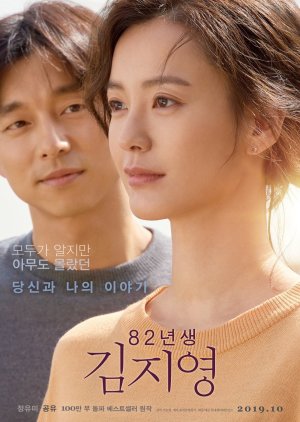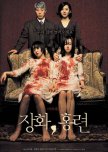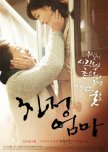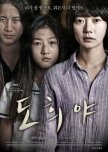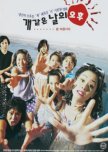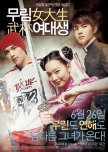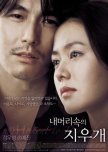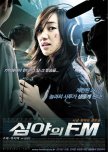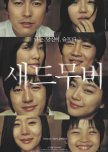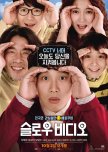
Although both movies have drastically different story lines, they both offer an interesting social commentary on gender in a patriarchal Korean society. Both movies have a (slight) feminist undertone as they zoom in on the female experience of daily life and the struggles that come with it. The theme of mental health functions as a red thread in both stories.
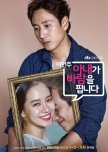
With a sprinkling of humour, "My Wife's Having an Affair this Week" also depicts how a wife - although loved by her spouse - deals with feeling over-worked and under-appreciated. Instead of mental illness or depression, the eponymous wife copes thanks to the comforting arms of a rich, handsome businessman.
This story is told almost exclusively from the viewpoint of the husband. As such the failure of the institutions of marriage, motherhood, & society to support women more generally are implicit rather than explicit.
This story is told almost exclusively from the viewpoint of the husband. As such the failure of the institutions of marriage, motherhood, & society to support women more generally are implicit rather than explicit.

In this tale, the pressures of family and motherhood turn the hero's wife into a shrew. Or is she?
Our everyman decides that his life would have been so much happier if he had married his previous crush and life gives him a chance to find out. We get to follow him on his bittersweet journey to find what he is really missing.
Our everyman decides that his life would have been so much happier if he had married his previous crush and life gives him a chance to find out. We get to follow him on his bittersweet journey to find what he is really missing.


Both cover similar topics. Some scenes especially involving the in laws are very similar. The big difference is Because This Is My First Life covers concerns for married couple without being concerned about issues that come with having a child. Kim Ji Young also explores situations related to having a child.
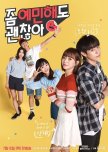

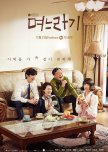
They are very similar and some of the aspects explored in the book and the movie are also in this series. The way the Daughter in Laws is treated by other women who are their mother-in-laws. They are treated more as slaves even though women have daughters who are married. Still, they continue the pattern of abuse and perpetuating and unleashing misogynistic views on their daughters-in-law. It's more like generational trauma being carried over to the next generation. Being a good daughter-in-law but abandoning their own families at the expense of the husband. They all hate Chuseok.

